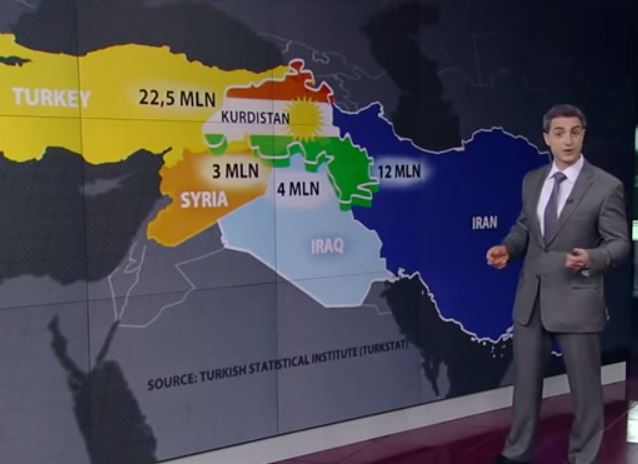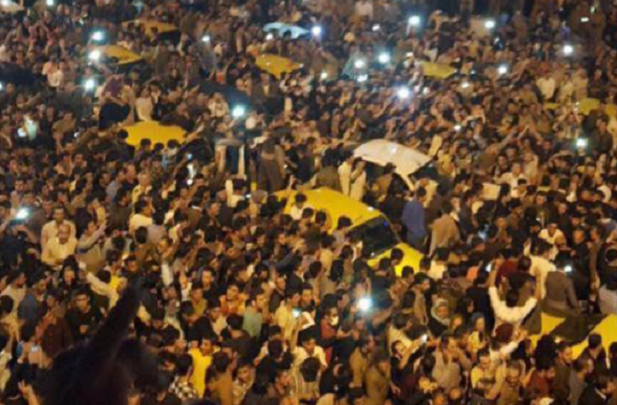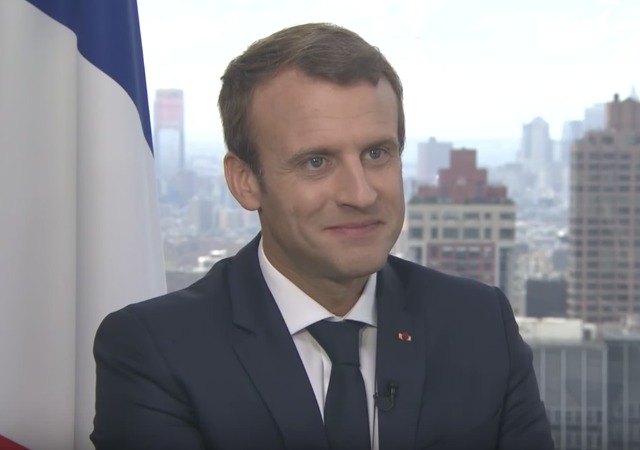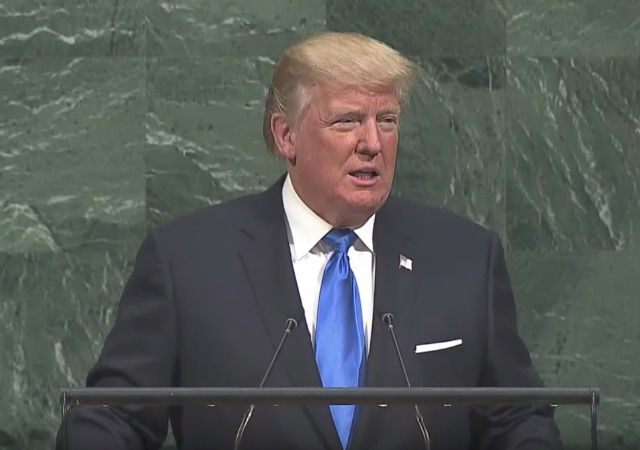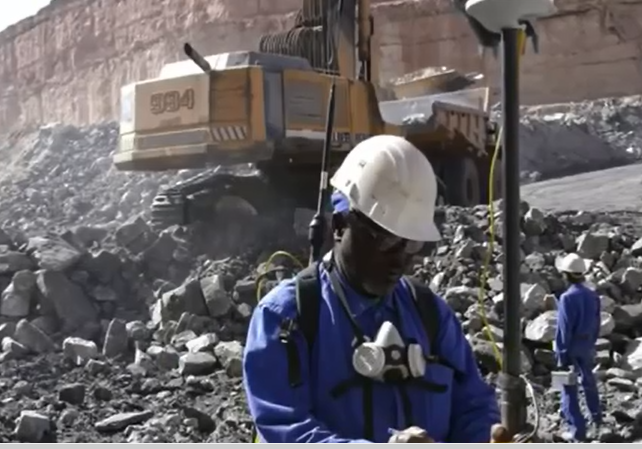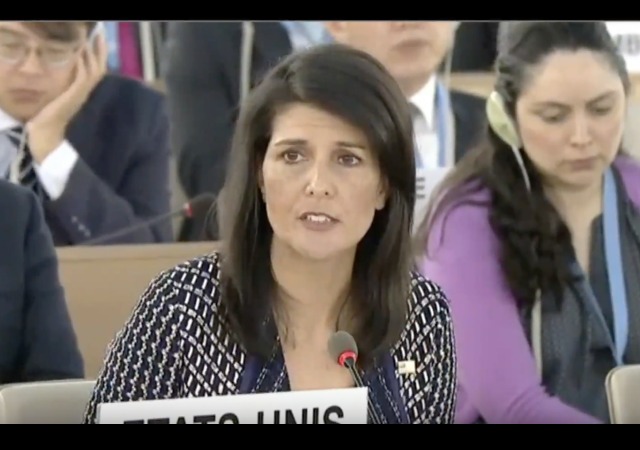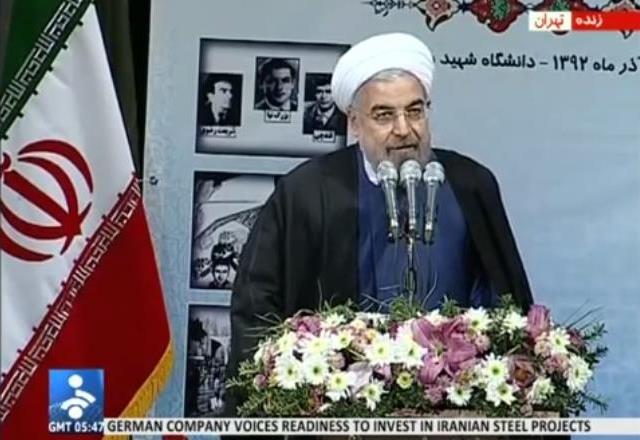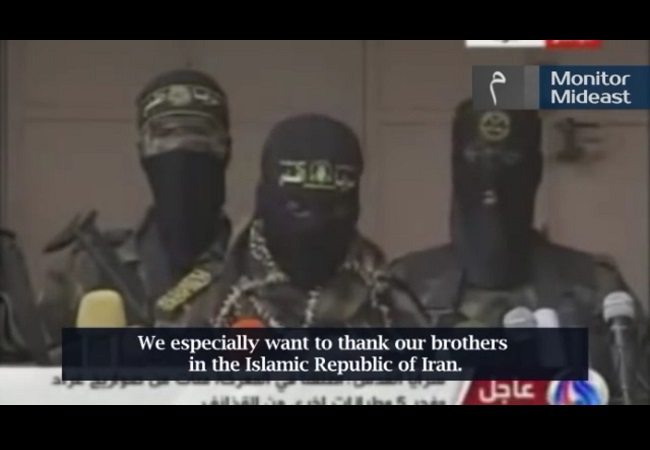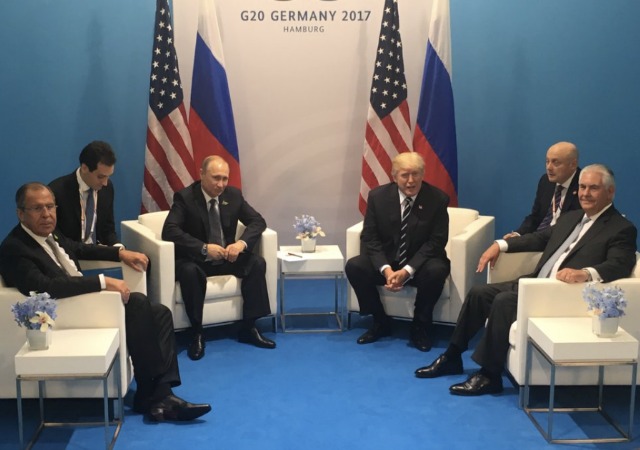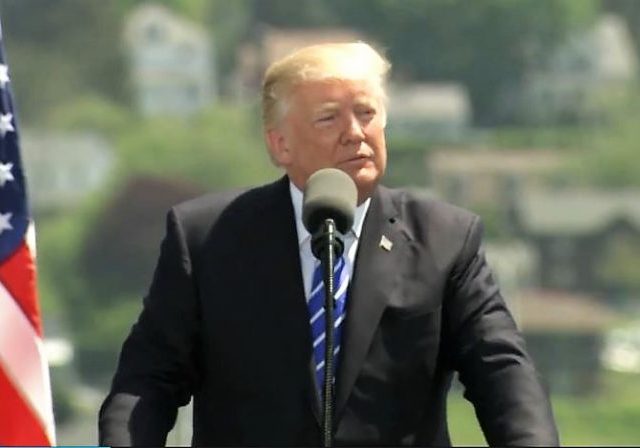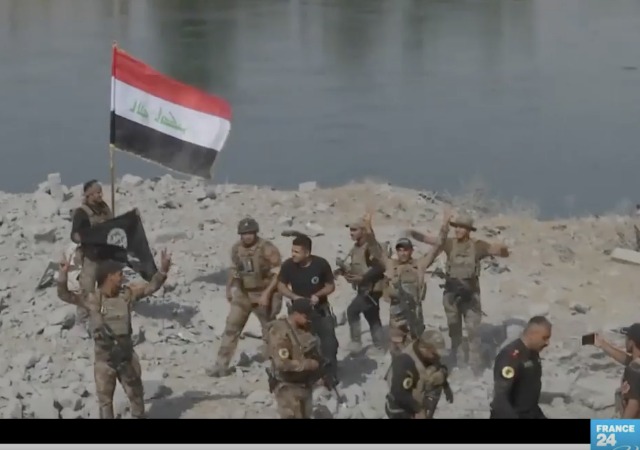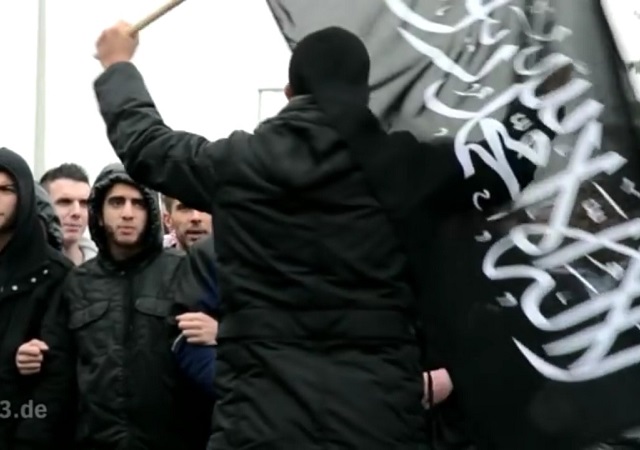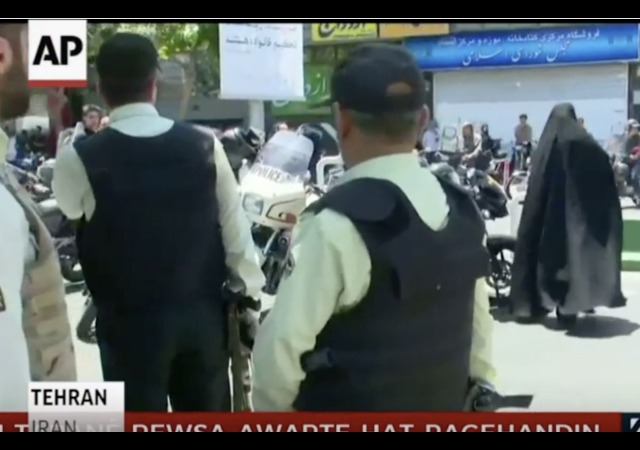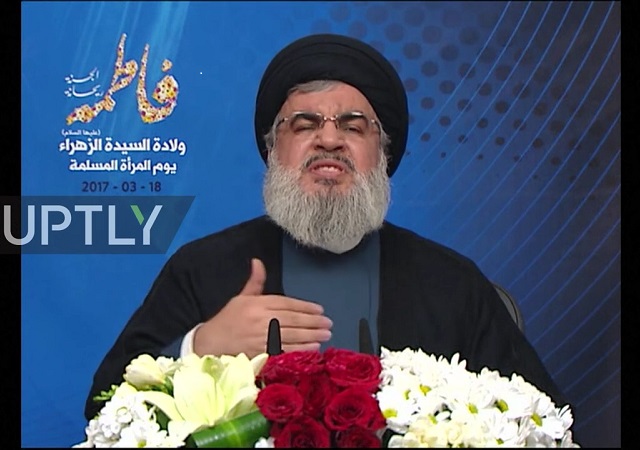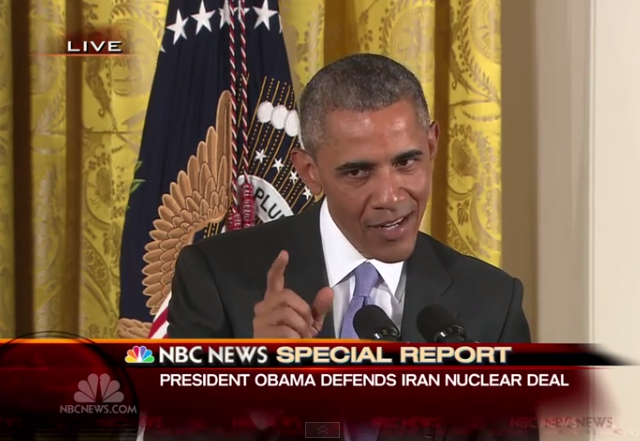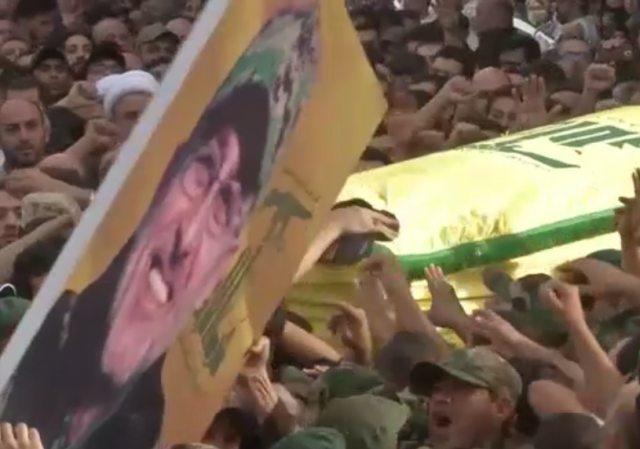Tillerson: U. S. Does Not Recognize Kurdish Independence Referendum
on October 01, 2017
10 Comments
We blogged about the Kurdish Independence vote held last week and about the resulting international threats and tensions, including the closing of Kurdish airports.
Pro-western Iraqi Kurds are disappointed by the lukewarm European response to their overwhelming victory, and can't be too happy with Secretary of State Rex Tillerson's statement that the U. S. does not recognize their independence referendum.
Turkey, Iran, and Iraq are stepping up their disapproval of the referendum and moving to isolate the Kurdish region of Iraq.

